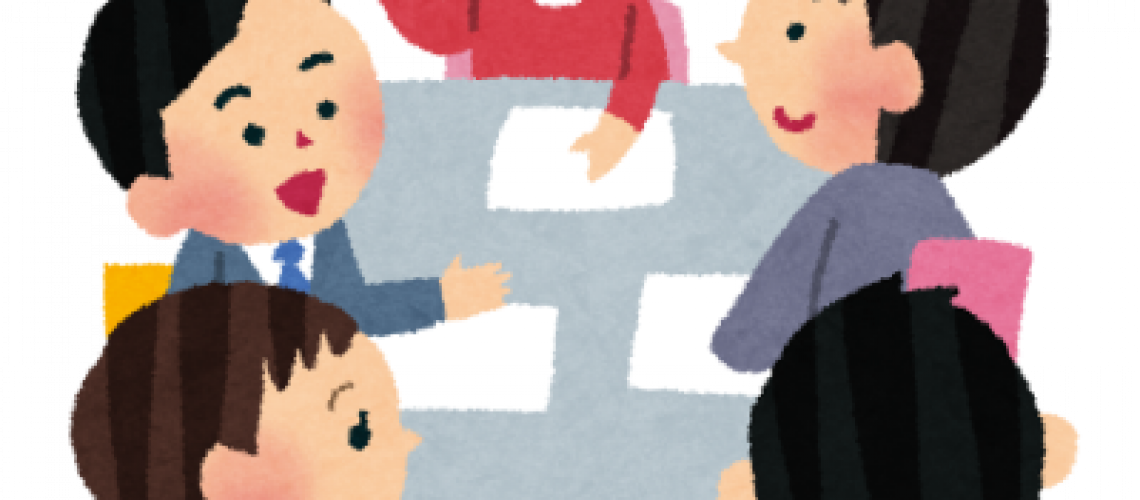You know what makes me crazy? When parents think they deserve the judgments thrown at them. “It must be so difficult raising your child.” “I can’t imagine how you get through each day.” And the backhanded compliments, “You’re so strong, I could never do what you do.” “They’re so lucky to have you, I couldn’t be their parent.” Resisting the desire to compare their children to others, and communicating their child’s strengths are necessary for parents to successfully advocate on behalf of their 2e child.
Parents of twice exceptional children know all too well what other adults think of their children. Judgment comes in either a cacophony of loud clamoring comments like those described above, or a deafening dearth of family dinner invitations, playdate requests or impromptu neighborly drop-ins.
Parents often measure their children’s abilities against other children. When my kids were toddlers, I remember sitting on the side of a sandbox in a public park and overhearing two Moms feistily playing the competitive “My Kid Can Do…” game. “My kid can read at a first-grade level!” “My kid can dribble a basketball!” “My kid is amazing at math!” Since my daughter and I were having fun mimicking animal sounds, I was dying to join in with “My kid can bark like a dog!” just to see the reaction.
I remember chuckling to myself at these playground jousts, patting myself on the back for not caring so much and not measuring myself or my children against other parents and children. But once 2e kids enter school it’s almost impossible not to notice differences; the strengths and the challenges. For so many of my clients this is when the true extent of their child’s paradox becomes evident and their child’s behavior falls short of school expectations.
The child is both brilliant and impulsive. He reads ahead of everyone and is socially awkward. She is a math prodigy and highly sensitive. Behavior is anything but complacent and certainly doesn’t indicate how or why the child is struggling. It’s hard to ignore the backlash. It hurts to see your child singled out negatively and it’s painful to doubt yourself as a parent. The worst byproduct is when parents start focusing on their child’s struggles instead of strengths because that’s all anyone ever talks about or notices in their child.
Classmates start out more flexible and accepting than adults. Having a “challenging child” in a classroom could be an awesome opportunity to teach problem solving, empathy and social skills. But what often happens is the behavior is not understood, the teacher approaches a parent and the cycle of blame begins. Teachers and other parents blame the child or their parent. Parents blame their child, spouse or self. Children often blame themselves. The students in the classroom see the cycle and join in – rather than demonstrating compassion, they mimic the adults’ behavior and judge, exclude, blame and disregard.
This is when parents must become advocates on behalf of their 2e children. Children must become advocates for themselves and must witness their parents advocating for them. There’s nothing quite so powerful for a child who feels badly about him/herself then to hear a parent singing their praises and explaining their feelings. At the beginning of the school year I council parents to craft a strengths-based story of their child.
- What does she love to do?
- What lights her and what would she choose to do for hours at a time (other than electronics)?
- What does she not like and what behavior will teachers see in response to things she doesn’t like?
I suggest that parents request a meeting with their child’s team of teachers the first few weeks of school, to share this information with them. Advocating on behalf of your child in this way allows her to begin the year surrounded by adults who are one step ahead in understanding who the child is and what makes her tick or ticks her off.
At the end of the school year parents should give their child’s current teachers a short questionnaire to help prepare next year’s staff with impactful strategies – always with the goal of raising the child’s self-esteem. Here’s a few suggested questions:
- What would you say are (Student’s) greatest strengths?
- What would you say are (Student’s) challenges?
- What is the most successful strategy you used when engaging or redirecting (Student)?
- If you could tell (Student’s) next year teachers one important thing about (Student), what would that be?
This information along with the story parents craft, give teachers a bigger picture and deeper understanding. Simultaneously this type of advocacy indicates parents’ dedication and investment in their child’s success. Lastly, parents should encourage teachers to communicate with them. We don’t want to wait for judgment and backlash in response to misunderstood behavior. We want open communication with the opportunity to clarify and provide perspective.
Over the summer begin crafting your child’s story to share in the fall – watch what she does this summer that brings her joy. Take photos of her in this carefree state to share in that early meeting so teachers can see what she looks like when she is fully engaged. Continue to communicate your child’s successes and strengths throughout the year to give teachers a positive perspective and motivate them to help your child navigate challenges and find meaningful connections.

Author: Julie F. Skolnick M.A., J.D.
Julie Skolnick, M.A., J.D., is the Founder of With Understanding Comes Calm, LLC, through which she passionately guides parents of gifted and distractible children, mentors 2e adults, and collaborates with and advises educators and professionals on bringing out the best and raising self-confidence in their students and clients.


One Response
Helpful information.
Need recommendations for helping middle schooler advocate for himself